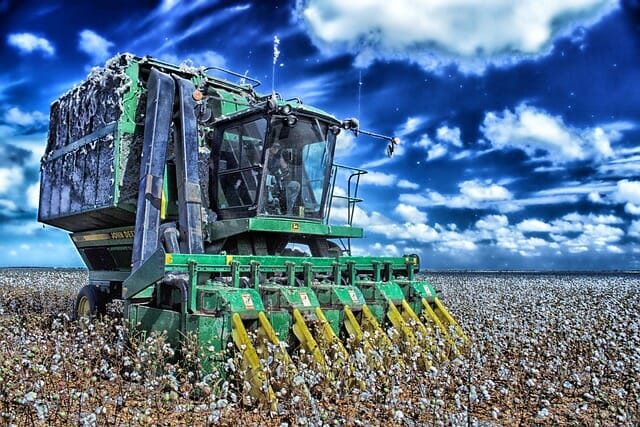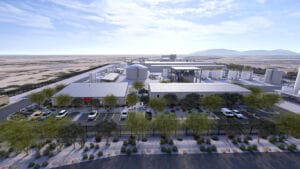In the agricultural industry, biogas digesters are a revolutionary solution. The innovative system has been effectively helping overcome energy concerns, pollution issues, and food security.
The system transforms raw waste into clean, renewable energy and fertilizers and is making farming worth it!
However, if you’re still wondering about whether you should give this a try, here are all the benefits this system offers!
1. Source of Renewable Energy
Biogas consists of two primary contents: methane and carbon dioxide. It can be a great, clean, renewable source of energy.
Energy from biogas can be used for different agricultural and domestic purposes, such as agricultural equipment powering, cooking, heating, electricity generation, and, if converted to biomethane, even vehicle fuels.
So, installing a reliable biogas digester can be a huge help to farmers by lowering operational expenses in agriculture.
It reduces their need to use fossil fuels, which can reduce the volume of emitted pollutants to some extent.
Moreover, in rural zones, people have limited access to electricity and traditional sources of fuel. With the help of biogas, people in these areas can gain access to a steady flow of energy without excess expenses.
2. Waste Management
In the agricultural industry, huge volumes of organic wastes are produced – whether it’s crop residues and food scraps or animal manure.
Traditionally, these wastes were disposed of by letting them decompose in the open air or by dumping them in landfills. This led to massive greenhouse gas (GHG) production, such as methane, which pollutes the environment.
In fact, statistics show that the greenhouse gas emission of the USA in 2024 is just 0.2% less than in 2023. The nation must try to drop emissions by 7.6% annually during 2025-2050 to meet the Paris Agreement targets.
If you switch to a biogas digester, you can effectively manage waste. It easily breaks down all organic materials using anaerobic processes.
The biogas digester traps methane and uses it as fuel instead of letting it out in the atmosphere, reducing its emission altogether. It also converts other wastes into more useful byproducts.
3. Improved Soil Fertility from Byproducts
While generating biogas, a byproduct called digestate is generated. This byproduct is rich in organic components, which serve as great fertilizers.
Synthetic fertilizers can harm the environment in different ways, such as soil degradation, water pollution, and greenhouse gas increase.
On the other hand, if you use digestate as soil fertilizer, it enhances soil health with the help of greater microbial activity and organic matter. This replenishes any lost nutrition in the soil, such as phosphorus, nitrogen, and potassium.
Digestate also effectively improves crop production and is a great way of embracing sustainability in farming.
4. Eliminates Odor and Pathogen Concerns
If you let farm waste (crop and animal waste) decay out in the open, it emits pungent odors and creates a breeding ground for pathogens. This can endanger both human and cattle lives.
With a biogas digester, the wastes are confined in an air-tight space to conduct anaerobic processing. This ensures there’s no foul smell or pathogen infestation in or around the farms, improving hygiene and diminishing the chances of disease outbreaks.
5. Boosts Farm Profitability
While installing a biogas digester is expensive upfront, it can save lots of money in the long run. For instance, you will basically get energy and fertilizers free of cost.
You can even sell the excess biogas in your community or even to power grids for further revenues. If your digester produces excess fertilizer, you can also sell that.
6. Ensures Food Security
Biogas digesters boost farm productivity with high-quality organic fertilizers, ensuring improved crop yields and diverse agriculture.
This ensures a steady food supply and minimizes the chances of market fluctuations and impact on overall profits due to climate change.
7. Creates Circular Economy
Since biogas digesters transform wastes into invaluable resources, this uses the principles of a circular economy. It reduces resource wastage in different ways, which promotes agricultural sustainability.
With the help of biogas digesters, farmers can build robust, self-sufficient ecosystems. This will benefit not only the overall environment but the economy as well!
Conclusion
Biogas digesters don’t just improve farming practices but also boost productivity and diminish the impact on the environment.
So, if you want to enhance your farming experience, reduce the trouble of dealing with waste, save money, boost revenues, and get free energy, consider installing biogas digesters now!




